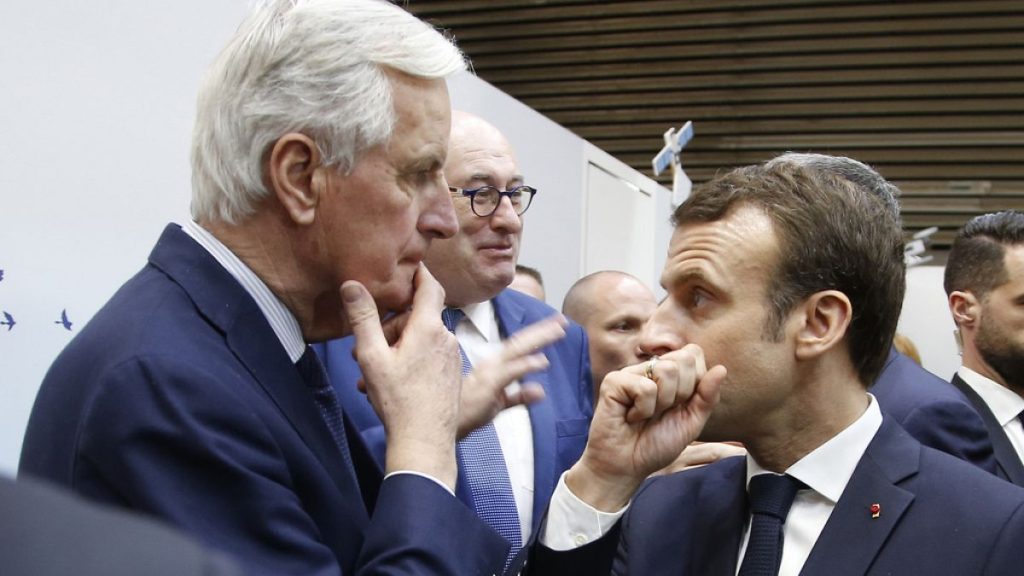After seven weeks of waiting, Michel Barnier, the former European Union’s Brexit negotiator and a member of the conservative right-wing party The Republicans (LR), was named as France’s new Prime Minister by French President Emmanuel Macron. Barnier now faces the challenge of forming a government and surviving a vote of confidence in a parliament that has been divided into three blocs since Macron called for snap parliamentary elections in July. Macron’s choice of Barnier was likely an effort to appease the far-right National Rally party, who hold a significant number of seats in Parliament. The leader of the National Rally, Marine Le Pen, responded positively to Barnier’s appointment, indicating that her party would wait to examine his program before making a final decision.
Barnier’s appointment is seen as a compromise candidate who may be able to work with both the far-right and the left-wing coalition New Popular Front (NFP). Experts and MPs within Macron’s party have raised questions about the decision to unite with other parties during parliamentary elections in order to block the rise of the National Rally, only to eventually strike compromises with them. Despite facing a confidence vote in parliament, Barnier’s profile is not considered a threat within the presidential camp as he is unlikely to reverse key reforms implemented by Macron, such as the pension plan or asylum-immigration law. The appointment of Barnier is seen as a way to ensure the continuity of Macron’s right-wing policies and give the presidential camp and The Republicans (LR) party more power.
At 73 years old, Barnier is the oldest-serving Prime Minister in France’s modern political history, which means he is unlikely to rival those within Macron’s camp who are preparing for the upcoming 2027 presidential election. Barnier’s extensive experience as a two-time EU commissioner and architect of the Brexit accords make him a reassuring choice for EU institutions and member states. His expertise in financial matters and strong sense of compromise could be beneficial for France on the European stage. If Barnier’s government survives the confidence vote, he will need to tackle pressing issues such as submitting proposals to slash public spending to comply with EU rules and presenting a draft of the national budget for 2025 amidst dire public finances.
Barnier’s background in the conservative right wing, which prioritizes cutting public spending and balancing the budget, could help reassure France’s partners in the EU bloc, particularly Germany and the Netherlands, who closely monitor budgetary issues. Despite the challenges ahead, Barnier’s appointment as Prime Minister is expected to bring stability and continuity to France’s political landscape. His ability to navigate complex negotiations and relationships in the EU could prove crucial as France faces economic and budgetary challenges in the coming months. Overall, Barnier’s appointment as Prime Minister represents a strategic move by Macron to maintain control over the government while ensuring that key policies and reforms are upheld.


